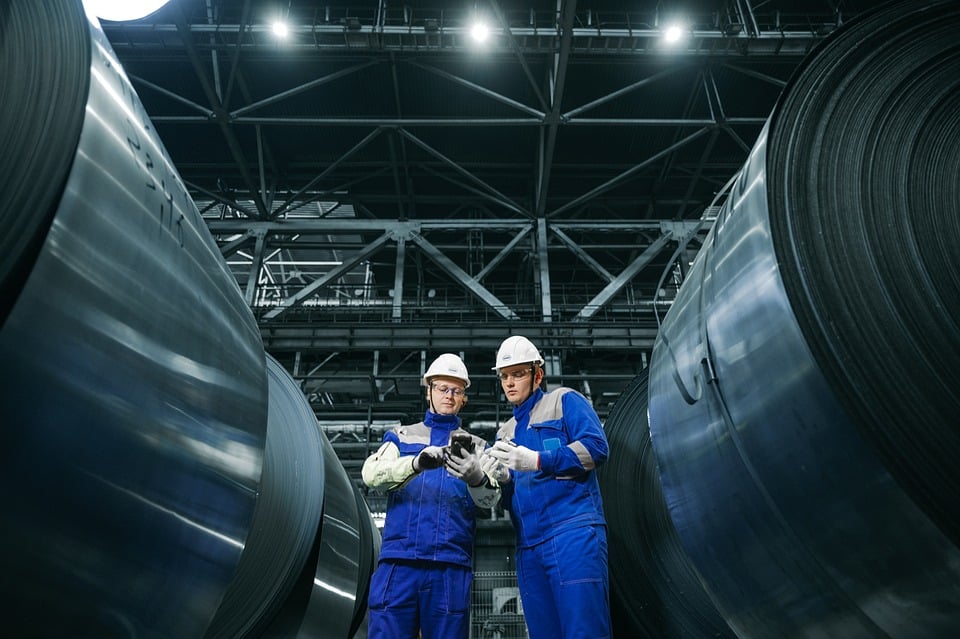Unlocking Success: A Comprehensive Career Roadmap for Production Engineers
In the ever-evolving world of engineering, production engineers find themselves at the forefront of innovation and efficiency. Their role is pivotal, yet often misunderstood, as they bridge the gap between design and manufacturing. Crafting a successful career in this dynamic field is not merely about technical prowess; it’s about strategic navigation through various stages of professional development.
1. Educational Foundations
A robust educational background serves as the bedrock for any aspiring production engineer. Typically, a degree in mechanical, industrial, or manufacturing engineering is essential. However, it doesn’t end there. Continuous learning, perhaps through specialised courses in automation, lean manufacturing, or Six Sigma methodologies, can significantly bolster one’s expertise. The more you understand the intricacies of production systems, the more adept you become at problem-solving and optimising processes.
2. Gaining Practical Experience
Theory alone won’t propel you to the heights of your career. Hands-on experience is invaluable. Internships during your university years or early career placements provide a glimpse into the operational realities of production environments. Embrace every opportunity to work on real-world projects, as these experiences not only enhance your resume but also develop your critical thinking and adaptability—traits that are indispensable in the fast-paced production landscape.
3. Networking and Professional Development
In a field that thrives on collaboration, networking is essential. Engage with industry professionals through seminars, workshops, and conferences. Platforms such as LinkedIn can serve as powerful tools for connecting with mentors and peers alike. Additionally, consider joining professional bodies like the Institution of Mechanical Engineers (IMechE) or the Institute of Industrial Engineers (IIE). These organisations provide a wealth of resources, including access to exclusive job boards, training courses, and industry insights that can significantly influence your career trajectory.
4. Specialising for Success
As you progress, consider specialising in a niche area within production engineering. Whether it’s robotics, quality control, or supply chain management, having a specific focus can set you apart from the competition. The industry is continually evolving, and those who can adapt to new technologies—such as artificial intelligence and machine learning—will be in high demand. This shift towards automation and smart manufacturing means that staying abreast of technological advancements is not just beneficial; it’s imperative.
5. Soft Skills Matter
While technical skills are crucial, the importance of soft skills cannot be overstated. Effective communication, teamwork, and leadership abilities are what transform a competent engineer into an outstanding one. Production engineers often work in cross-functional teams, requiring the ability to convey complex ideas clearly and concisely. Cultivating emotional intelligence will enhance your ability to navigate workplace dynamics and foster a productive work environment.
6. Career Progression and Opportunities
The career ladder for production engineers can be both rewarding and diverse. Entry-level positions often lead to roles such as production manager or process improvement specialist, and with experience, you may ascend to senior management or consultancy roles. It’s vital to set clear career goals and regularly reassess them based on your evolving interests and the industry landscape. Opportunities can also arise in sectors beyond traditional manufacturing, such as aerospace, automotive, and even renewable energy.
As you embark on this journey, remember that success is not merely about climbing the corporate ladder but about making meaningful contributions to your field and the world at large. Each step you take can unlock new doors, and with the right mindset, perseverance, and strategic planning, you can carve out a fulfilling career as a production engineer.
For those seeking further guidance, CVPortal continues to provide an array of high-quality CV references, ensuring you are well-equipped to present your best self to potential employers. Unlock your potential and take the next step in your career today.


